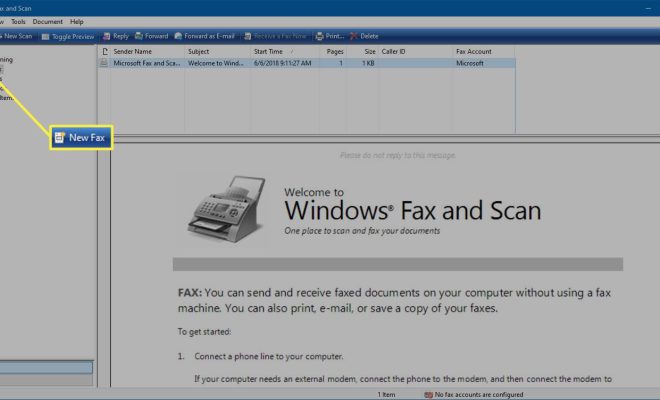How to Be Ready for an Autism Assessment

Introduction:
Autism assessments are crucial in identifying and understanding Autism Spectrum Disorder (ASD) in individuals. Preparing for this assessment is essential to ensure accurate results, proper support, and a better understanding of the individual’s needs. This article will guide you on how to be ready for an autism assessment, what to expect during the evaluation process, and how to make the most out of this experience.
1. Gather Relevant Information:
Before the assessment, it’s important to gather all relevant information related to the individual being assessed. This may include previous evaluations, medical records, school reports, or any developmental milestones. Creating a timeline of notable events and behaviors can also be helpful in providing a comprehensive picture of the individual’s life.
2. Be Open and Honest:
Being open and honest during the assessment process is essential in providing the most accurate results. Share your concerns, observations, and experiences without holding back any information that could be relevant to the assessment.
3. Educate Yourself:
Understanding autism and its various manifestations can help in being better prepared for the assessment. Research common symptoms and behaviors associated with ASD, as well as effective support strategies. It is also helpful to learn about different types of assessments and their objectives to know what to expect.
4. Prepare the Individual for the Assessment:
For those who will undergo the assessment, preparing them beforehand can help ease any anxiety they may have about the process. Explain what will happen during the evaluation in simple terms and encourage them to ask questions if they wish.
5. Engage in Clear Communication with Professionals:
It’s important to maintain clear communication with assessment professionals throughout this process – ask questions if something is unclear, express your concerns openly, and provide relevant information when required.
6. Rest Well before Assessment Day:
Rest is essential before any significant appointment – ensure both you and your loved one have had enough sleep before undergoing an autism assessment. Lack of rest can negatively impact behavior and cognitive functioning, leading to inconclusive results.
7. Bring Comfort Items and Snacks:
During the assessment, having comfort items or snacks can help alleviate stress and anxiety. Bring items like sensory toys, blankets, or favorite snacks to make the environment more familiar and comfortable.
8. Manage Your Expectations:
A common misconception is that an autism assessment will provide a clear-cut diagnosis and plan for the future. In reality, the process may sometimes result in uncertain outcomes and require additional follow-up visits or evaluations. Thus, it’s essential to maintain realistic expectations.
9. Follow-up:
After the assessment, follow up with professionals who conducted the evaluation for additional guidance on available resources or therapies tailored to your specific needs.
Conclusion:
Preparing for an autism assessment may seem daunting at first, but being well-prepared can lead to a smoother, less stressful experience. By following these tips, you can ensure you are equipped to make the most out of your autism assessment journey and take the necessary steps toward a better understanding of ASD.






